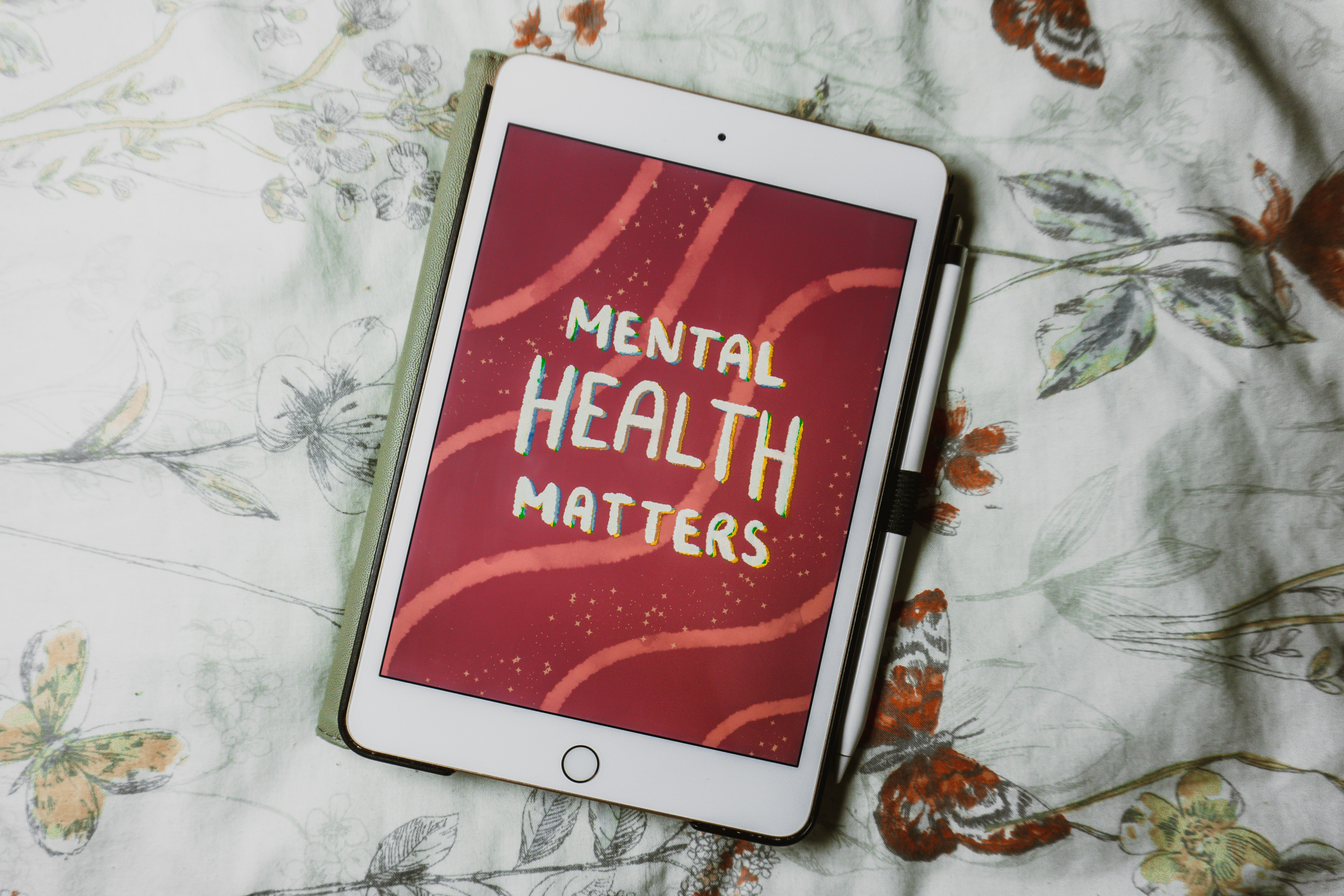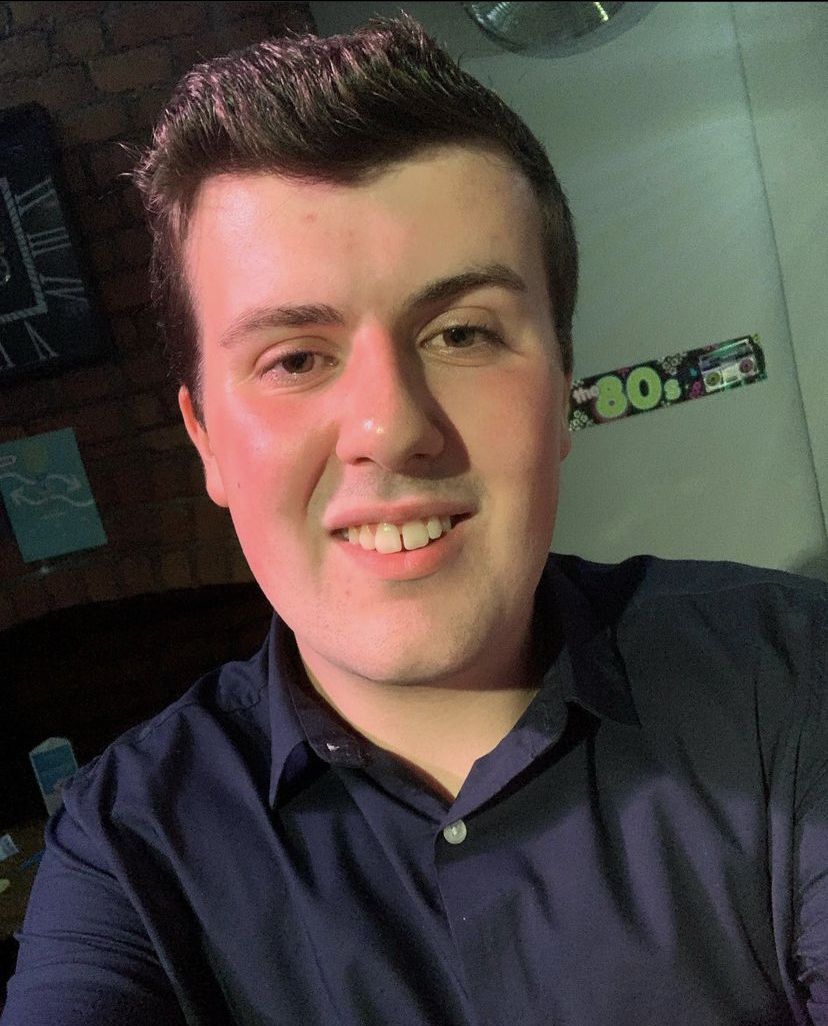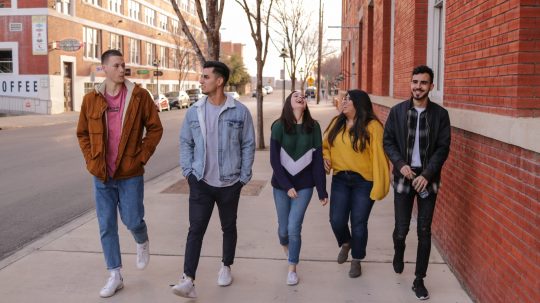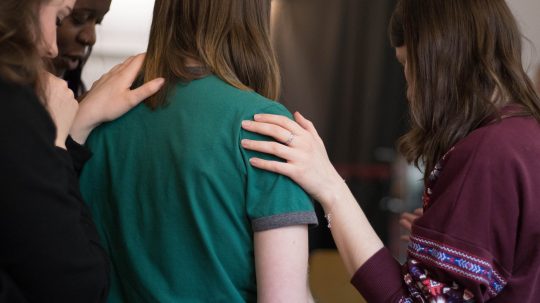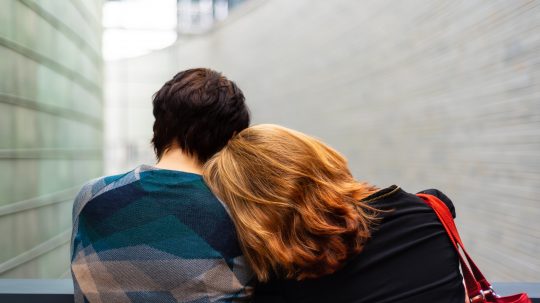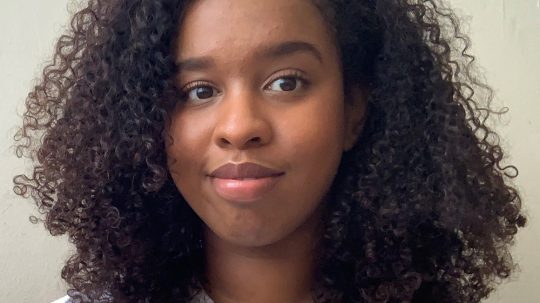Mental health is undeniably one of the biggest issues facing modern-day Britain, with an estimated one in four people being diagnosed with a mental health problem each year in England.
The situation has only worsened as the coronavirus pandemic has brought new and unique challenges for everyone. The number of 16-39 year-olds showing signs of depression increased by over 20% between 2019 and 2020. For younger children, there has also been an increase, with research carried out by NHS England stating that 16% of 5-16 year-olds have ‘probable’ mental health disorders compared with 11% in 2017. The knock-on effects of months of prolonged social isolation and disruption to education and routine are clear.
Article 12 of the International Covenant on Economic, Social and Cultural Rights recognises the right of everyone to “the enjoyment of the highest attainable standard of physical and mental health”. This demonstrates how and why mental health provision is so crucial from a human rights perspective, especially for children and young people because the support they receive in relation to their mental health at an early stage will lay the foundations for their future.
In recent years, we have seen mental health come to the forefront of political debate and public discussion, especially among young people. In the most recent set of election results for Make Your Mark – an annual ballot held for young people nationally to vote for the issues they feel most affected by and think should be a priority for the government – mental health was found to be one of the top three national issues.
In addition, we have seen World Mental Health Day brought to public attention and campaigns such as ITV’s ‘Britain Get Talking’ fronted by some of the nation’s most well-known TV personalities, encouraging people to open up about their feelings in a bid to improve mental wellbeing. Although this is all positive, I cannot help but feel as if there is still a long way to go. As a society, we still have a lot to learn about mental health.
What is most striking is that mental health is still not seen as equal to physical health. It can often take somebody experiencing a mental health issue to exhibit physical symptoms before they are taken seriously or deemed worthy of sympathy by those who are doubtful of the severity of their condition.

Credit: Priscilla Du Preez / Unsplash
If somebody had a broken leg, we would not leave them to deal with it alone, nor would we deny the pain they were experiencing. And we would expect them to be treated immediately, so why do we not tackle mental health with the same urgency? We cannot see what’s going on in somebody’s mind and this only adds to the complex nature of mental health, but we must learn that doubting somebody’s condition or their lived experience is harmful and dangerous.
‘Selfish’, ‘attention-seeking’, ‘weak’: these are just a few of the toxic stereotypes associated with people who choose to prioritise their mental health and wellbeing. Just earlier this year, following news that young American gymnast Simone Biles would be withdrawing from the Tokyo Olympics to focus on her mental health, Piers Morgan criticised Biles’ decision in his MailOnline column, saying that she let down her fans and her country.
Anybody who has experience of mental health issues of any form knows that this kind of rhetoric does not help anybody. Not only does it target Simone Biles herself, who was clearly going through difficult personal circumstances, but it perpetuates the idea that making your mental health a priority is an act of weakness. If anything, we need to be demonstrating to the next generation that it’s okay to speak openly about your emotions so we can normalise open discussions about mental health.
Ill mental health does not discriminate. It is not something that affects one demographic or one specific type of person. There is not one image to depict somebody who experiences mental health issues. A smile can often conceal the greatest heartache and the loudest person in the room can also be the loneliest.
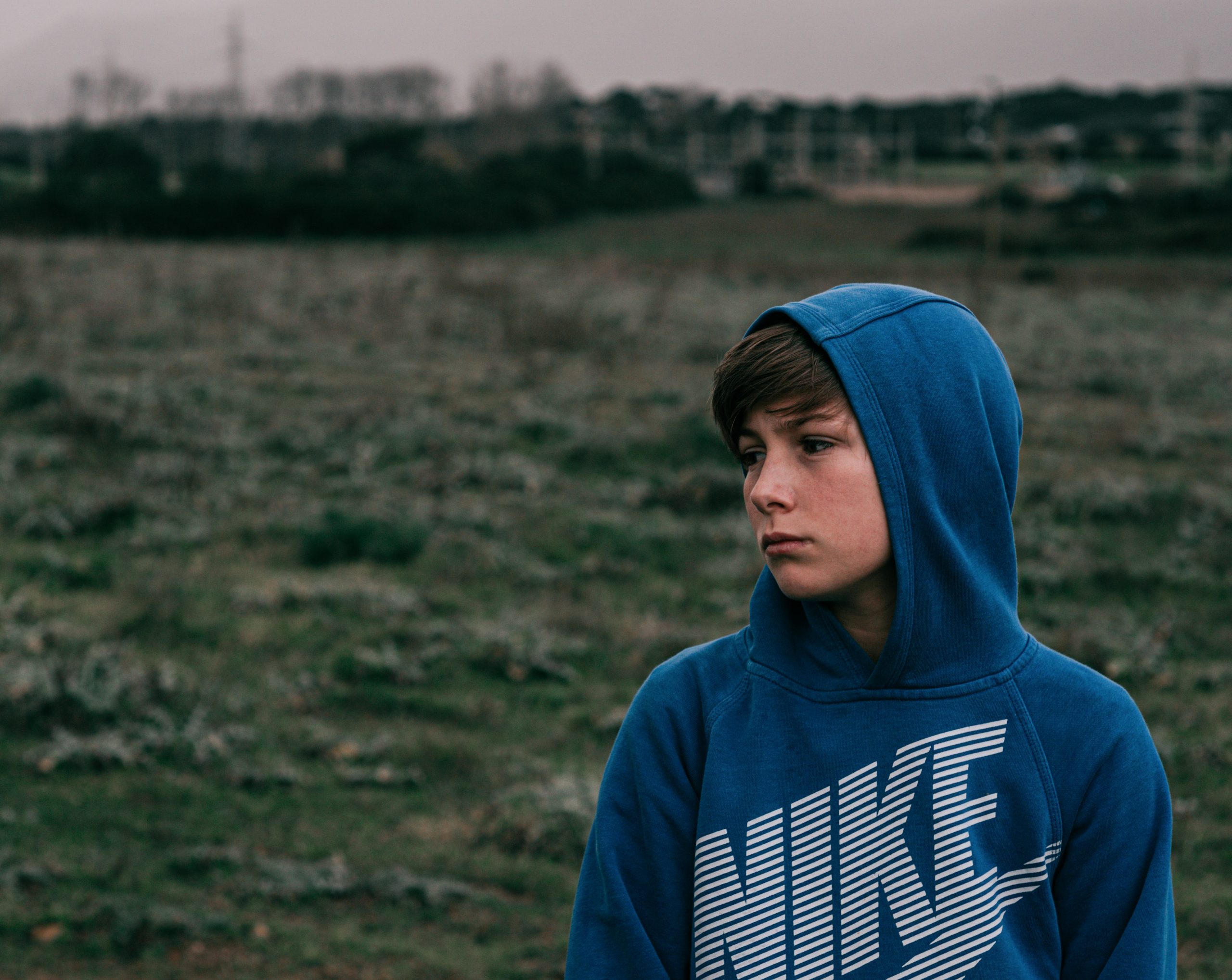
Credit: Nicolò Canu / Unsplash
Even if somebody never experiences any form of mental health problem, everybody’s general mental wellbeing differs from day to day depending on personal circumstances. Young people who may be suffering from mental health issues deserve to grow up in a space where they feel comfortable discussing them transparently and honestly. It is silence that can cost lives.
The simplest answer to shielding young people’s mental health and protecting their right to healthcare is to be kind. Be kind to yourself. Focus on things that make you happy and what you can do to make your loved ones happy. Don’t let others define your feelings. And most importantly, remember not to put pressure on yourself. It’s perfectly natural to go through a range of emotions and sometimes not to recognise exactly how you feel, but remind yourself that everything is temporary – it can take moments of sadness to fully comprehend the purest form of joy.
But we also need to remember to be kind to others. Ignorance towards mental health perpetuates the pre-existing stigma. Feeding the taboo by silencing or dismissing those who are struggling means someone is more likely to suffer rather than improve their mental wellbeing, which is a violation of their human right to an adequate standard of mental health.
The views expressed in this article are those of the author and do not necessarily reflect the views of EachOther.

